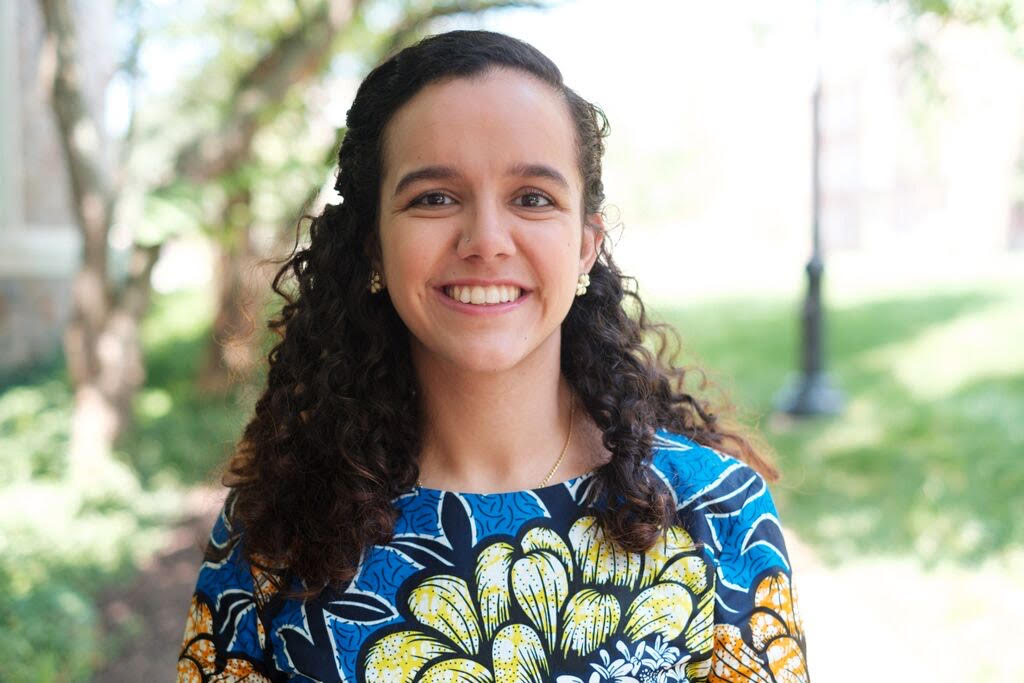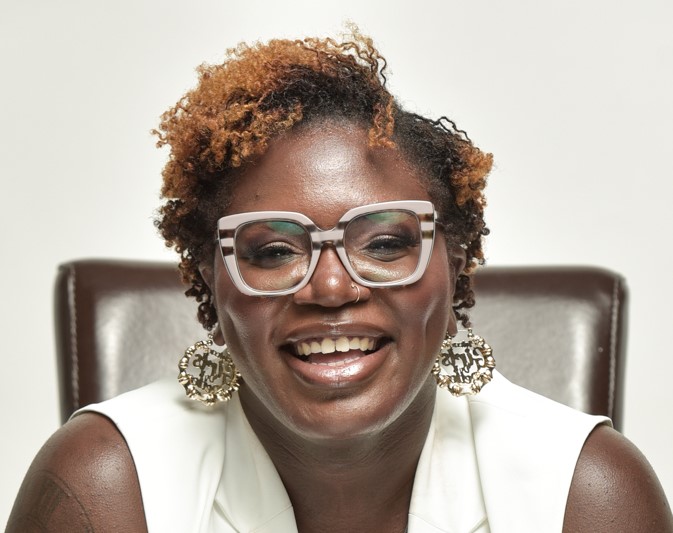What parents can ask the school to do to help their children succeed.
Erika Palmer, a lawyer at Advocates for Children, a nonprofit that guides parents of children in New York City public schools, explains how parents can get school-based services for their children:
Q: What school services can help a child who is struggling in school?A: If parents are getting called down to the school because of a child’s behavior problems, parents can request a … Read More



